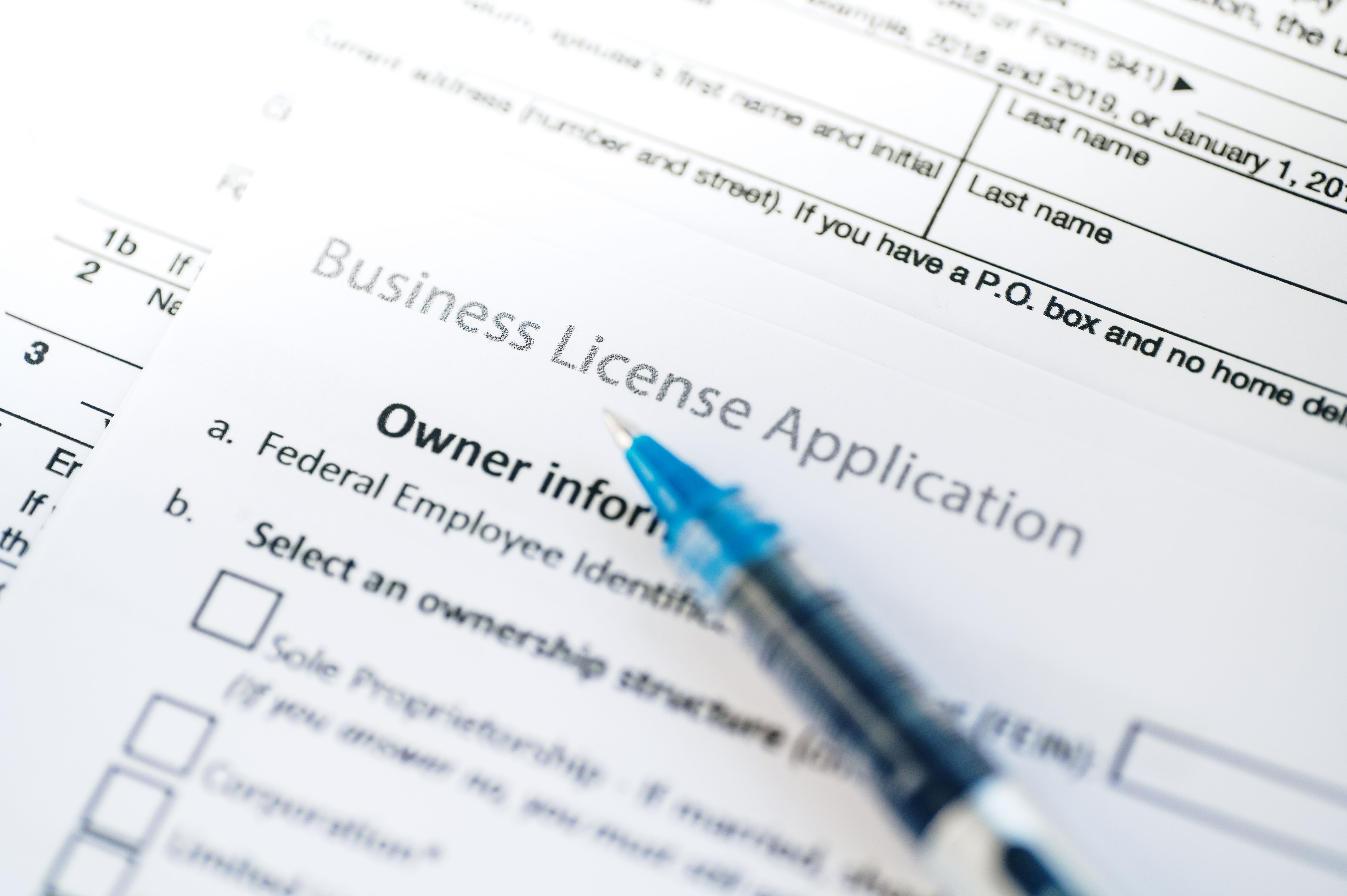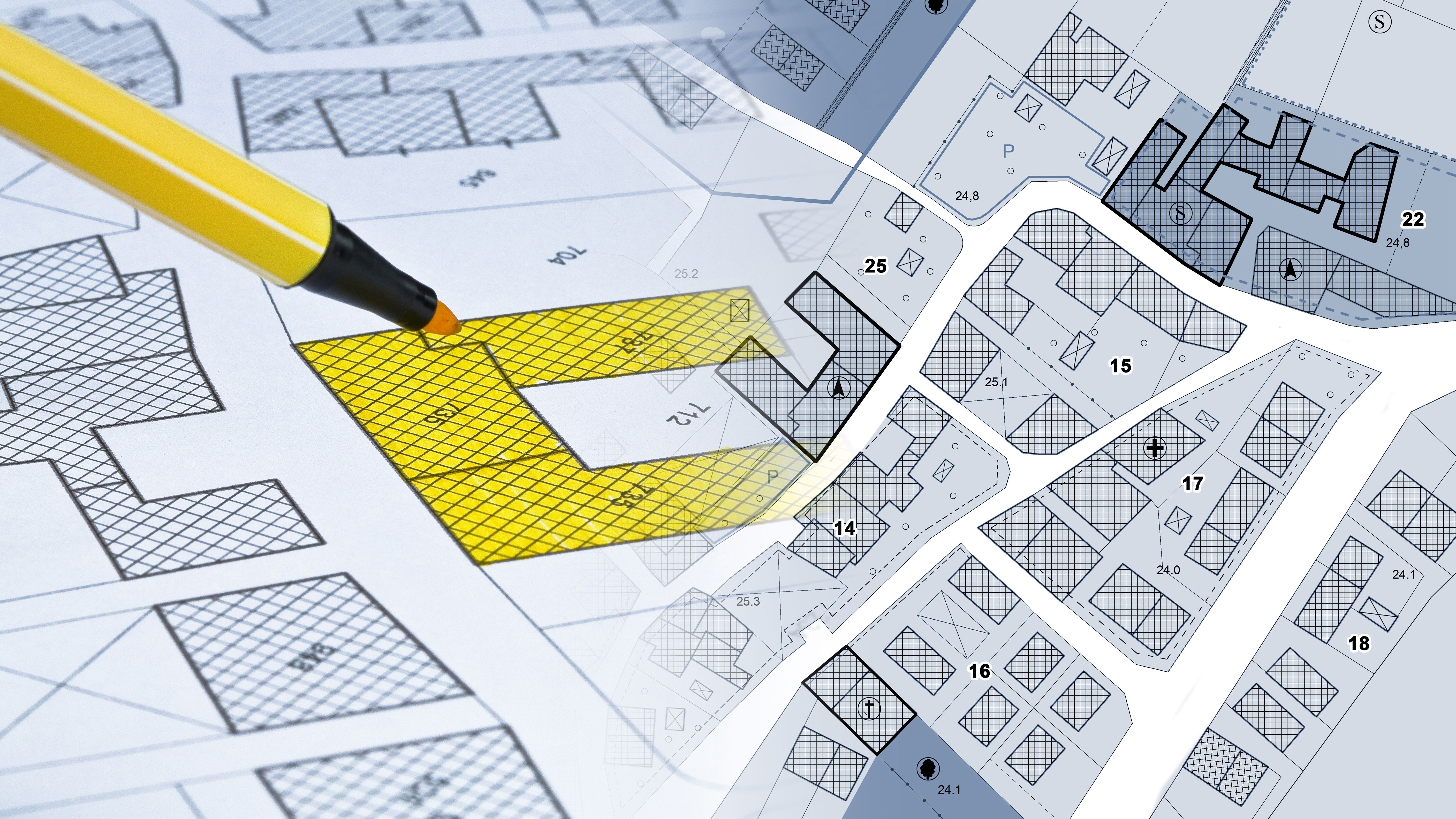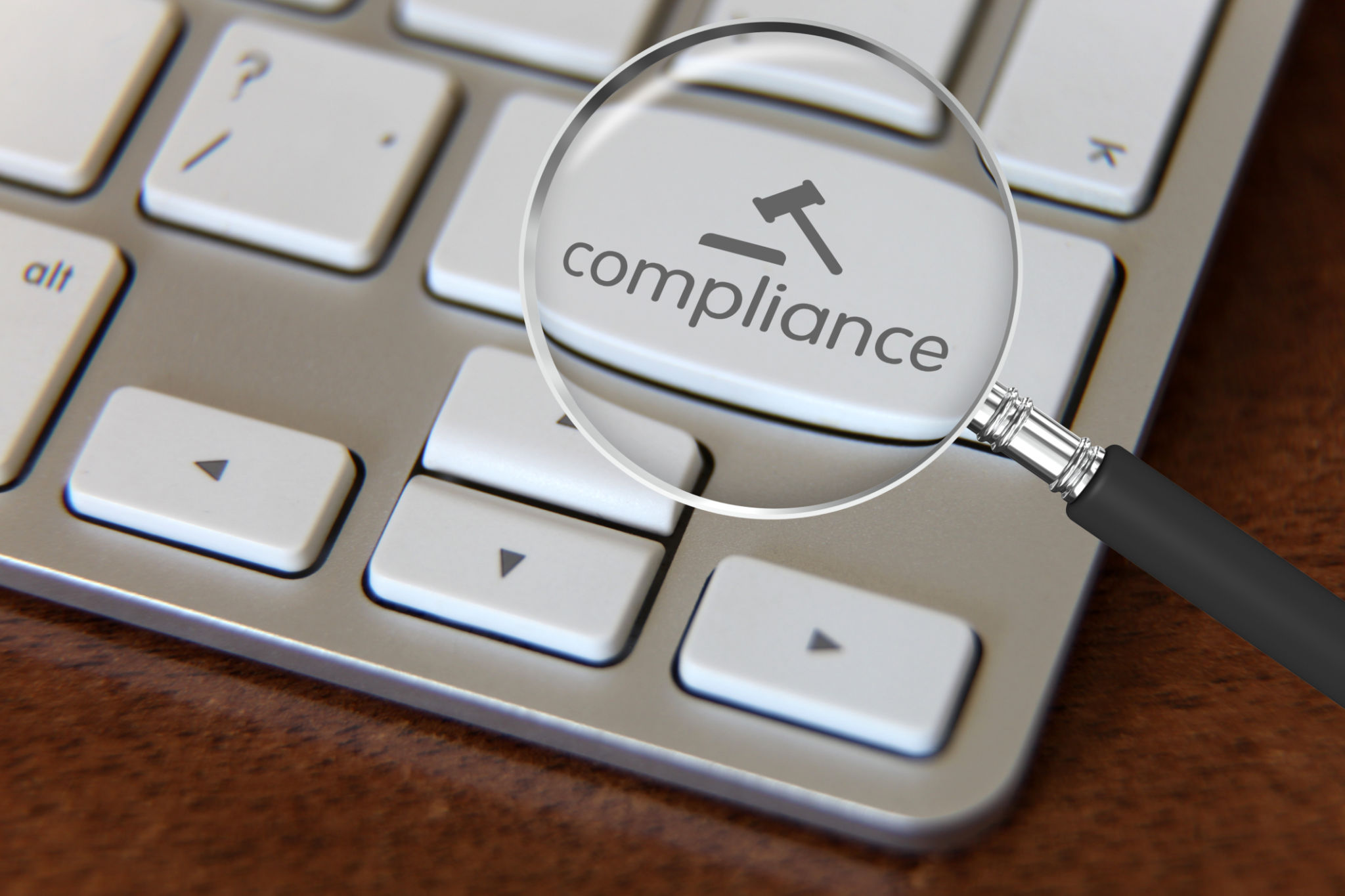Navigating Liquor License Challenges in Clark County
Understanding the Basics of Liquor Licenses
Securing a liquor license in Clark County can be a complex and daunting process for new business owners. It's crucial to understand what a liquor license entails and why it is necessary. A liquor license is a legal permit allowing an establishment to sell alcoholic beverages. The type of license required depends on the nature of the business, such as a bar, restaurant, or retail store.
In Clark County, there are several types of liquor licenses available, each designed to meet different business needs. These include licenses for on-premises consumption, like bars and restaurants, and off-premises sales, such as liquor stores. Understanding which category your business falls under is the first step in navigating the licensing process.

The Application Process
The application process for a liquor license in Clark County is detailed and requires careful attention to detail. Prospective applicants must fill out a comprehensive application form and provide necessary documentation, including financial statements, identification, and proof of business ownership. It's essential to ensure all documents are accurate and up-to-date to avoid delays.
Once the application is submitted, it undergoes a thorough review by county officials. This review process can take several weeks or even months, depending on the complexity of the application and the current workload of the licensing authority. It's advisable to start the application process well in advance of your planned opening date.
Common Challenges in Obtaining a Liquor License
Navigating the liquor license landscape in Clark County can present several challenges. One common issue is zoning restrictions. Businesses must ensure their location complies with local zoning laws that dictate where liquor sales are permitted. Failing to adhere to these laws can result in denied applications or costly relocations.

Another challenge is neighborhood opposition. Community members may raise concerns about noise, increased traffic, or safety associated with establishments that serve alcohol. Engaging with the community early and addressing their concerns can help smooth the path toward obtaining your license.
Tips for a Successful Application
To improve your chances of a successful application, consider these tips:
- Research thoroughly: Understand all local regulations and requirements before starting your application.
- Consult professionals: Hiring an attorney or consultant experienced in liquor licensing can provide valuable insights and assistance.
- Engage with the community: Building positive relationships with local residents can ease potential objections to your application.

Staying Compliant After Obtaining Your License
Once you've successfully obtained your liquor license, maintaining compliance with local laws and regulations is paramount. Regularly reviewing your license's terms and conditions will help ensure that your business remains in good standing with local authorities.
It's also important to train staff on responsible alcohol service practices and ensure they are aware of state and county regulations. This not only helps maintain compliance but also promotes a safe environment for patrons and staff alike.
Conclusion
Navigating the liquor license challenges in Clark County requires diligence, planning, and a thorough understanding of local regulations. By preparing in advance, seeking professional guidance, and engaging positively with the community, business owners can successfully secure their liquor licenses and contribute to a vibrant local economy.
